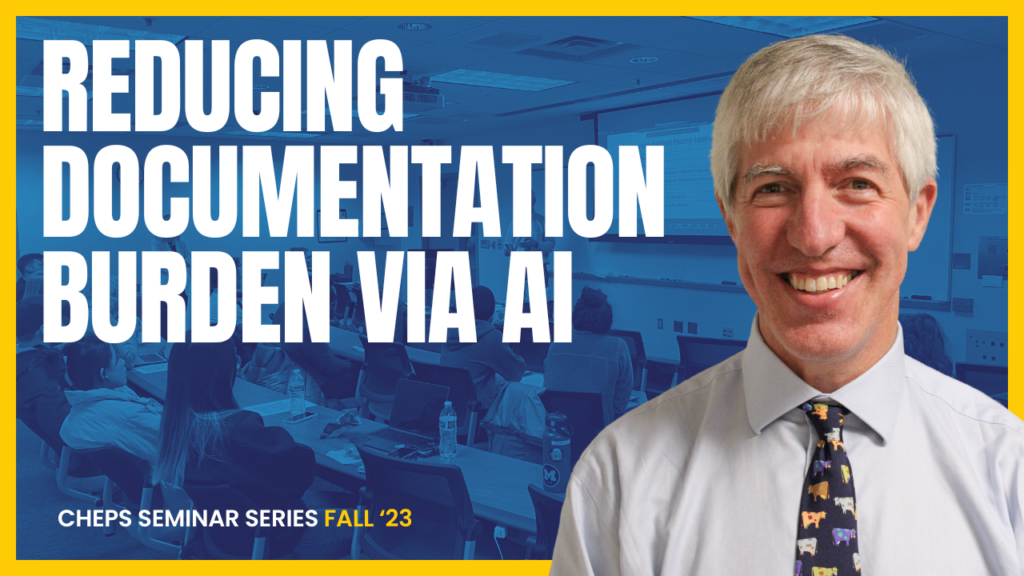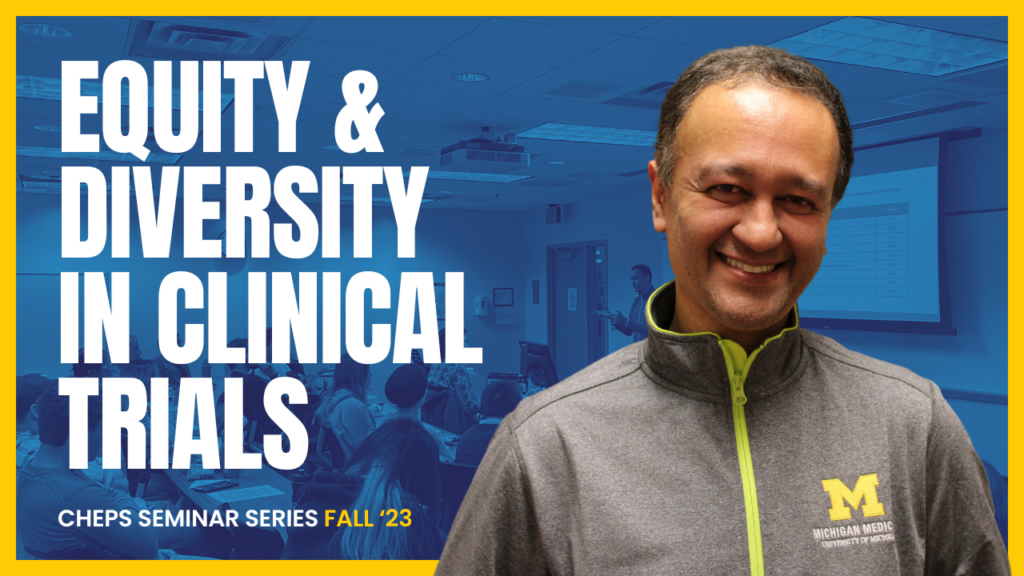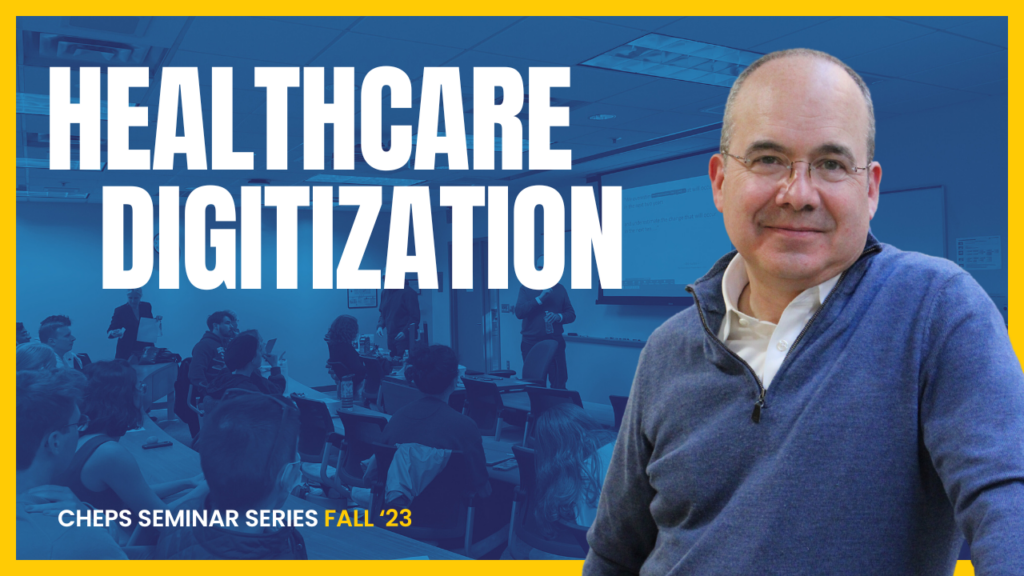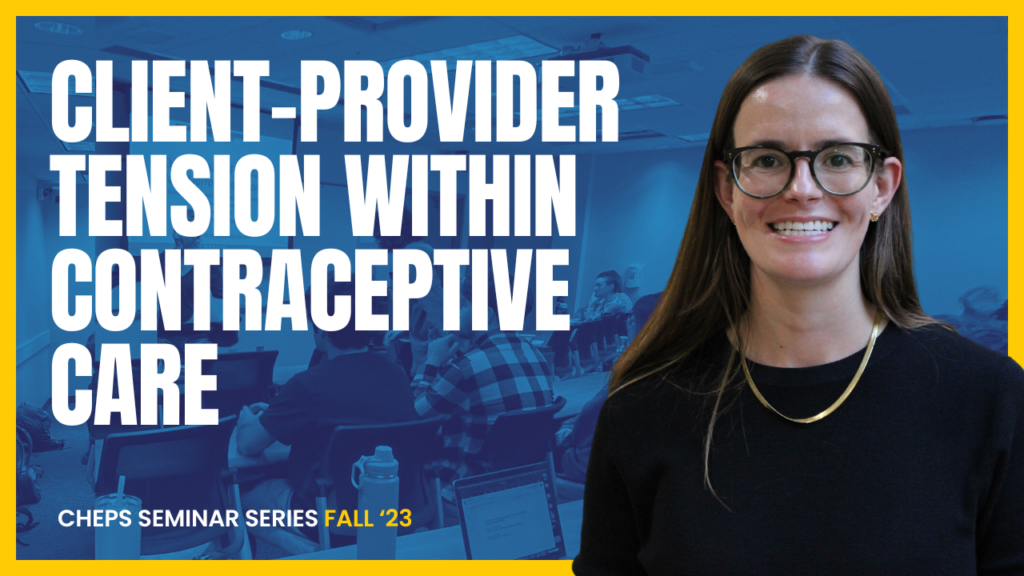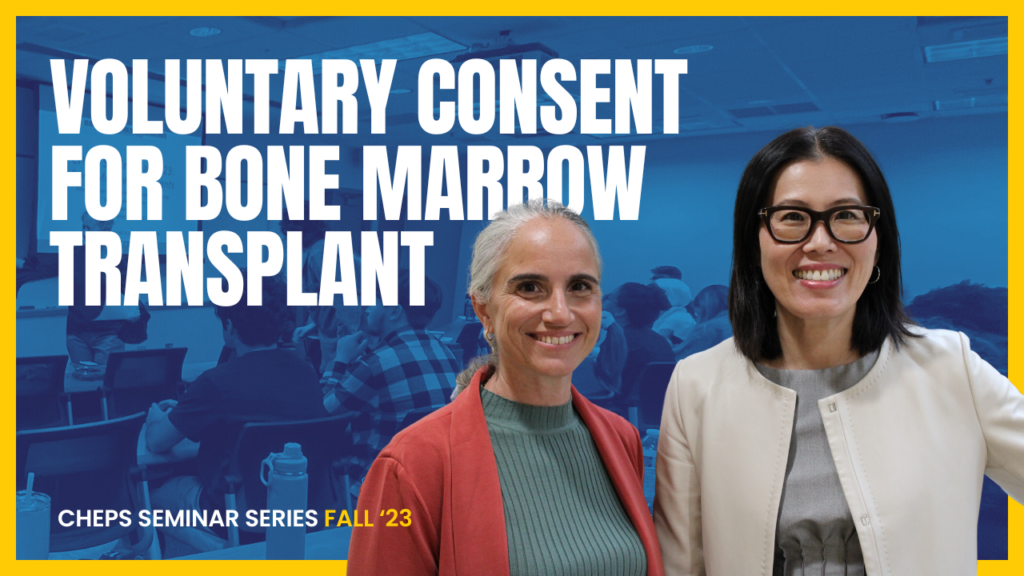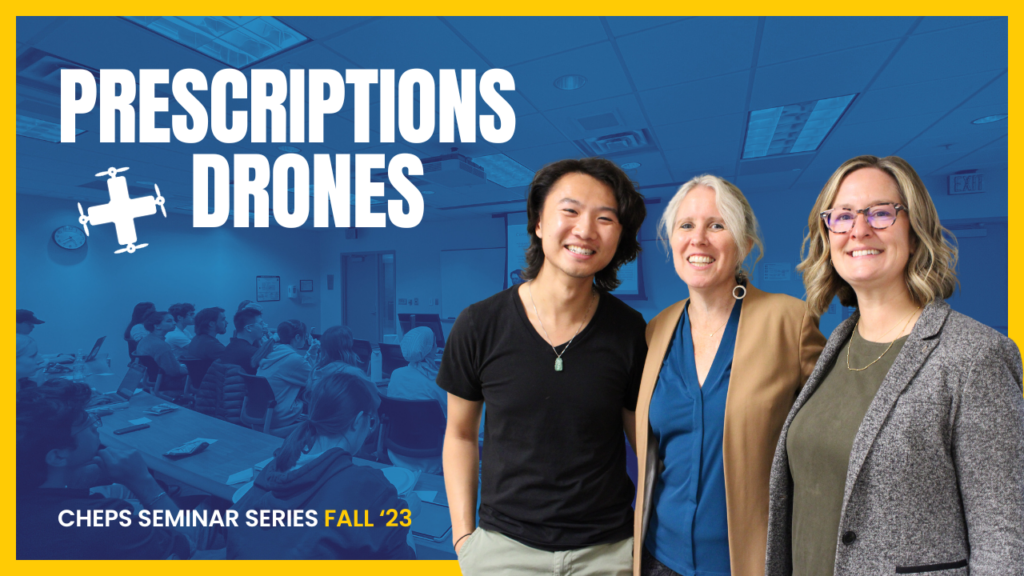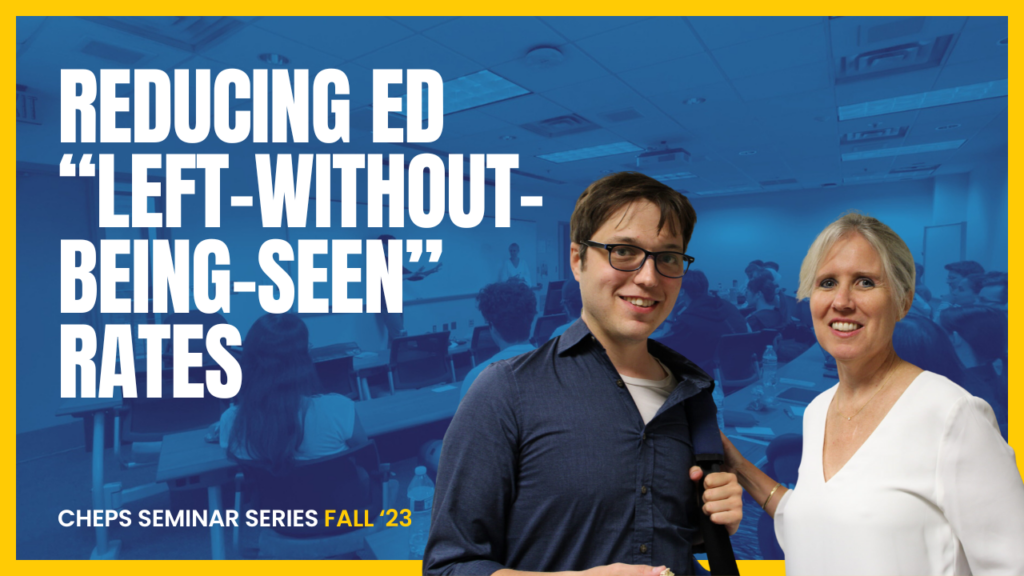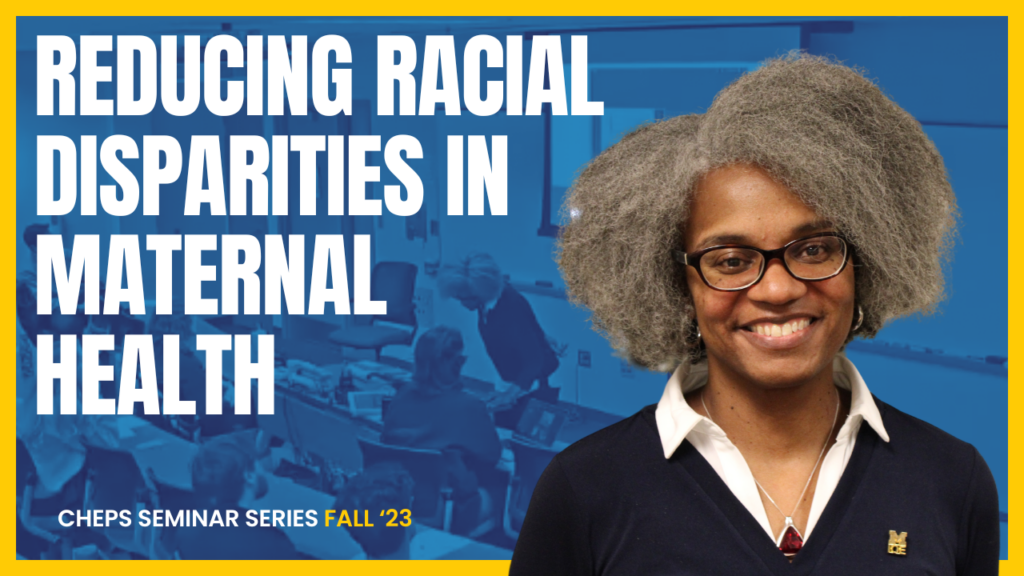
On November 27th, the Providing Better Healthcare Through Systems Engineering seminar series welcomed Julie Simmons Ivy, PhD, MS, the University of Michigan’s Industrial and Operations Engineering Department Chair. She arrived to speak about the significant disparities in health outcomes for birthing people. Students, faculty, staff, clinicians, and community members gathered to discuss the causes and potential solutions to this problem.
“I’m not going to give you a presentation…we are going to have a discussion,” Ivy opened.
Before diving into the topic of maternity disparities, Ivy highlighted her identity as an industrial engineer, sharing, “I think of the world through systems and connections,” and that she often asks herself, “We can do this better. Continue Reading »

